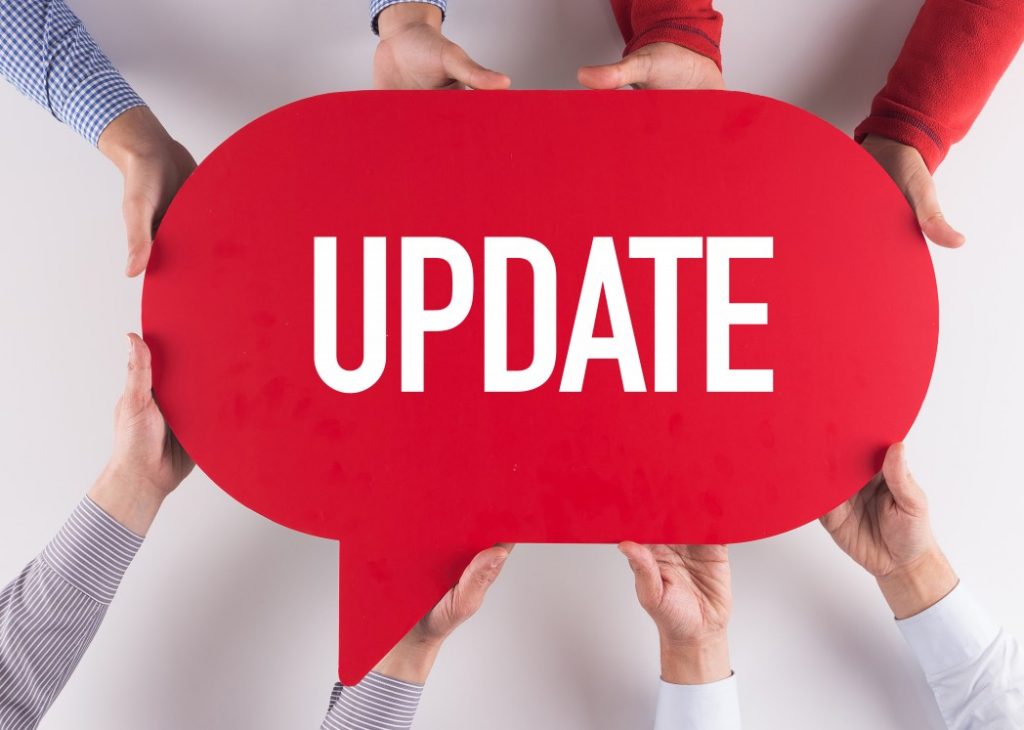Results of Phase 3 Trial of NurOwn Cell Therapy Expected by End of Year
Written by |

The pivotal Phase 3 clinical trial testing BrainStorm Cell Therapeutic’s cell-based therapy NurOwn in amyotrophic lateral sclerosis (ALS) patients continues with only occasional scheduling changes to treatment due to the COVID-19 pandemic. Patient dosing is expected to be complete by July, the company announced.
“BrainStorm made the decision to continue our Phase 3 trial and we have been strongly supported by our partners in the clinical community. Quick planning and coordination across our clinical sites and the support and direction of the U.S. FDA enabled our Phase 3 investigational trial for NurOwn to advance, with final dosing by July 2020,” Chaim Lebovits, CEO of BrainStorm, said in a press release.
The Phase 3 trial is fully enrolled with 200 participants across six sites in the United States, including the University of California, Irvine; Cedars-Sinai Medical Center, Los Angeles, California; California Pacific Medical Center; Massachusetts General Hospital, Boston; University of Massachusetts Medical School, and the Mayo Clinic.
All patients have received at least two of three NurOwn doses and top-line results will be announced later this year.
“Despite the challenges presented by COVID-19, patient dosing remains on track with all participants having received at least 2 treatments of NurOwn,” said Merit Cudkowicz, professor at Harvard Medical School and the director of the Healey Center for ALS and chair of Neurology at Massachusetts General. “Moving forward, only 20 patients are still to be dosed for the third and final time, and these final treatments remain on schedule.”
NurOwn is a cell-based therapy that uses mesenchymal stem cells (MSCs), which are extracted from a patient’s own bone marrow. These cells have the capacity to generate different cell types.
After extraction, MSCs are expanded in the lab and matured into cells that produce high levels of neurotrophic factors — compounds that promote nervous tissue growth and survival. The converted cells are then reintroduced into the body via an injection either into muscles or the spinal canal.
In a Phase 2 trial (NCT02017912) NurOwn was determined to be safe and to significantly slow disease progression in a subset of ALS patients with fast-progressing disease.
The current Phase 3 trial (NCT03280056) is assessing the safety and effectiveness of three administrations of NurOwn into the spinal canal when compared to a placebo, given every two months. The trial’s primary goal is to confirm the effectiveness of NurOwn as measured by the amyotrophic lateral sclerosis functional rating scale (ALSFRS-R), a score of abilities such as swallowing, speech, handwriting, or walking.
During the COVID-19 pandemic, coordination between the trial’s clinical sites and the U.S. Food and Drug Administration allowed the trial to keep moving forward with only occasional scheduling changes to treatments. Moreover, the fact that the trial’s primary outcome measurement — ALSFRS-R — is validated by phone, allowed researchers to continue to collect data without exposing patients to potential COVID-19 infection.
“We are very fortunate to have developed an outstanding team of partners who are committed to BrainStorm’s investigational therapy NurOwn and share its promise in ALS research. This, along with the collective efforts of so many of our employees, partners, and patients, has enabled us to remain on track for study completion as planned in the fourth quarter of this year,” said Ralph Kern, MD, president and chief medical officer of BrainStorm.





